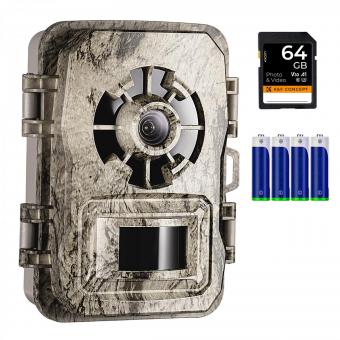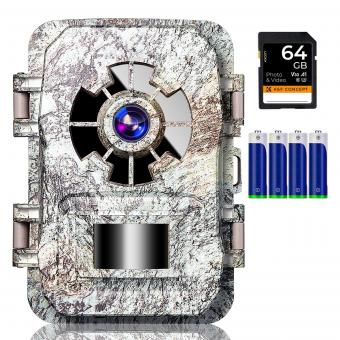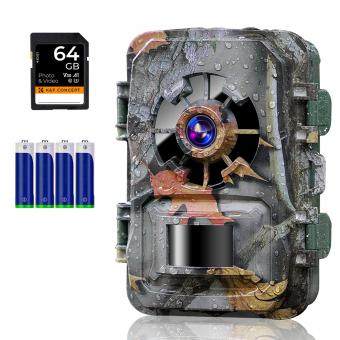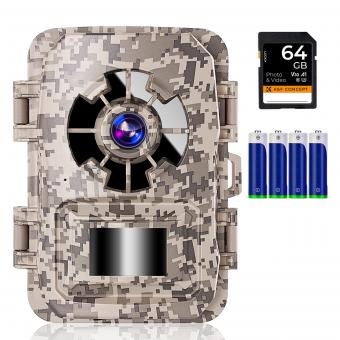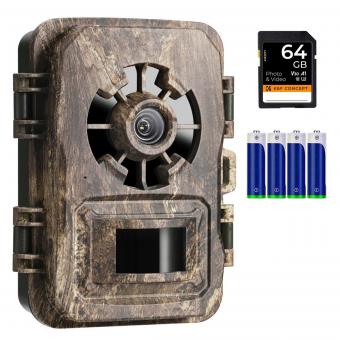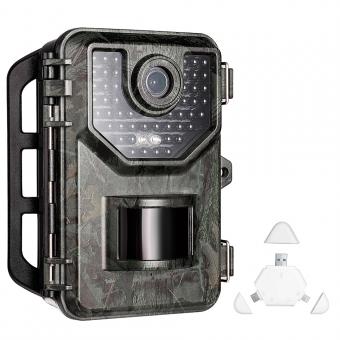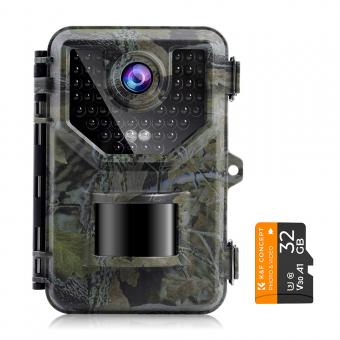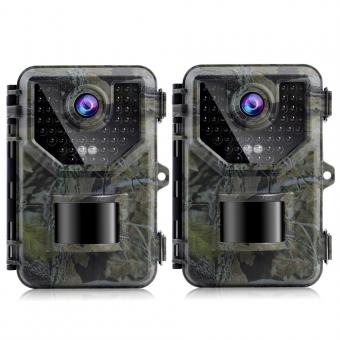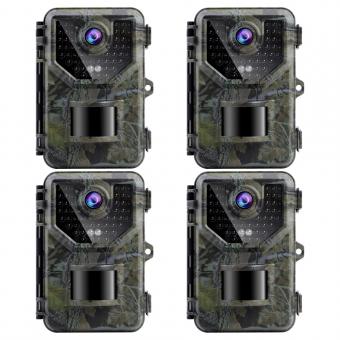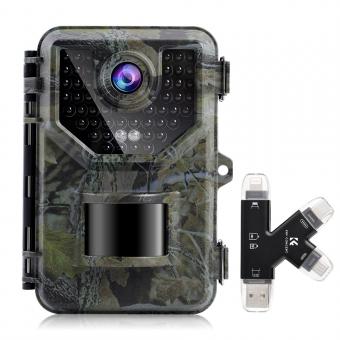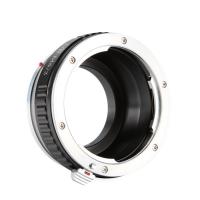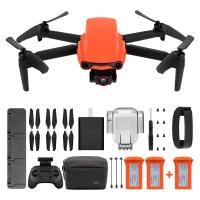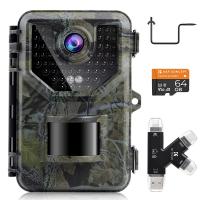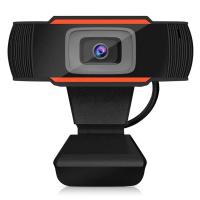What Happens If A Speed Camera Flashes?
Speed cameras are a common sight on roads around the world, designed to enforce speed limits and improve road safety. When a speed camera flashes, it often leaves drivers wondering about the implications. This article aims to demystify what happens when a speed camera flashes, covering the technology behind speed cameras, the legal consequences, and practical advice for drivers.
Understanding Speed Cameras

Speed cameras come in various types, including fixed, mobile, and average speed cameras. Each type has its own method of detecting speeding vehicles:
1. Fixed Speed Cameras: These are permanently installed at specific locations, often in areas with a high incidence of speeding or accidents. They use radar or laser technology to measure a vehicle's speed.
2. Mobile Speed Cameras: These are operated by law enforcement officers and can be set up at different locations. They use similar technology to fixed cameras but are more flexible in their deployment.
3. Average Speed Cameras: These cameras are set up in pairs over a stretch of road. They calculate the average speed of a vehicle between two points, ensuring that drivers maintain a consistent speed over a longer distance.
The Flash: What It Means

When a speed camera flashes, it typically indicates that a vehicle has exceeded the speed limit. The flash is used to capture a clear image of the vehicle, including its license plate. Here’s what happens next:
1. Image Capture: The camera takes a photograph of the vehicle, capturing details such as the license plate, the driver, and the time and date of the offense. Some advanced cameras also record a short video clip.
2. Data Processing: The captured data is sent to a central processing unit where it is analyzed. The system checks the vehicle's speed against the legal limit for that area.
3. Issuance of a Ticket: If the vehicle is found to be speeding, a ticket is issued. This ticket is usually sent to the registered owner of the vehicle. The ticket will include details of the offense, such as the speed recorded, the location, and the fine amount.
Legal Consequences
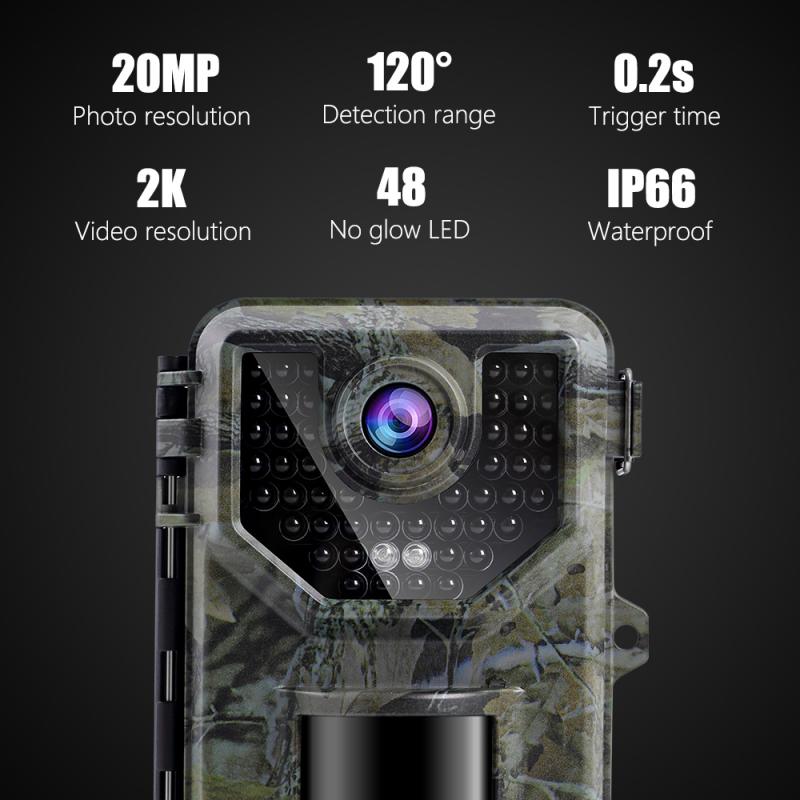
Receiving a speeding ticket can have several legal and financial implications:
1. Fines: The most immediate consequence is a monetary fine. The amount varies depending on the jurisdiction and the extent to which the speed limit was exceeded.
2. Points on License: In many regions, speeding offenses result in points being added to the driver's license. Accumulating too many points can lead to increased insurance premiums and, in severe cases, suspension of the license.
3. Court Appearance: For serious speeding offenses, the driver may be required to appear in court. This can result in higher fines, additional points, or even a driving ban.
4. Insurance Impact: Speeding tickets can affect your car insurance premiums. Insurers view speeding as a risk factor, and multiple offenses can lead to significantly higher rates.
Practical Advice for Drivers

Understanding the implications of a speed camera flash is crucial, but it’s equally important to adopt safe driving practices to avoid such situations. Here are some practical tips:
1. Stay Within Speed Limits: Always adhere to posted speed limits. These limits are set based on road conditions, traffic, and safety considerations.
2. Be Aware of Camera Locations: Many jurisdictions publish the locations of fixed speed cameras. Familiarize yourself with these locations and be extra cautious when driving through them.
3. Use Technology: Modern GPS systems and smartphone apps can alert you to the presence of speed cameras. These tools can be helpful in reminding you to check your speed.
4. Drive Defensively: Adopt a defensive driving approach. This means being aware of your surroundings, anticipating potential hazards, and maintaining a safe speed at all times.
5. Regularly Check Your Speedometer: Make it a habit to glance at your speedometer regularly, especially when driving in unfamiliar areas or where speed limits change frequently.
Contesting a Speeding Ticket
If you believe you were wrongly issued a speeding ticket, you have the right to contest it. Here’s how:
1. Gather Evidence: Collect any evidence that supports your case. This could include GPS data, dashcam footage, or witness statements.
2. Review the Ticket: Carefully review the details on the ticket. Check for any errors, such as incorrect license plate numbers or location details.
3. Submit an Appeal: Follow the procedure for contesting the ticket in your jurisdiction. This usually involves submitting a written appeal or attending a court hearing.
4. Legal Advice: Consider seeking legal advice, especially for serious offenses. A lawyer can help you navigate the legal process and present a strong case.
When a speed camera flashes, it’s a clear indication that a vehicle has likely exceeded the speed limit. The subsequent process involves capturing and processing the data, issuing a ticket, and potentially facing legal and financial consequences. By understanding how speed cameras work and adopting safe driving practices, drivers can avoid the stress and expense associated with speeding tickets. Remember, speed limits are in place for a reason – to ensure the safety of all road users. Drive responsibly and stay within the limits to keep yourself and others safe on the road.

